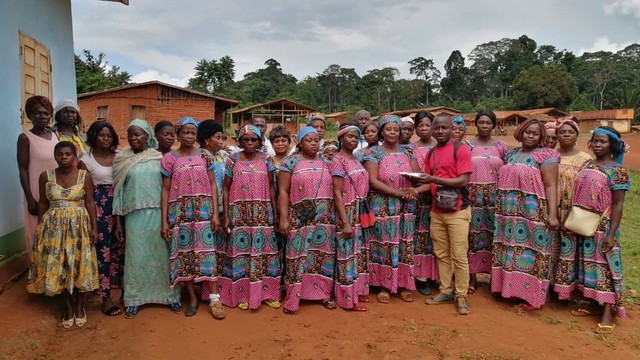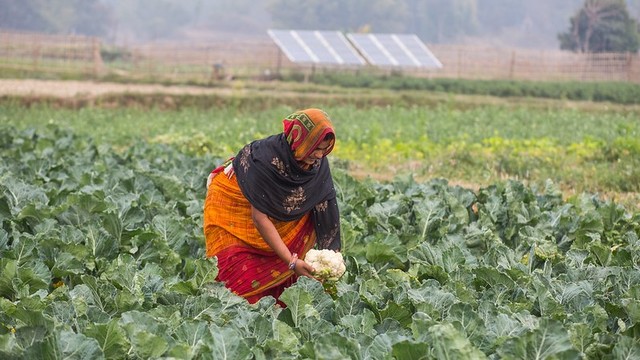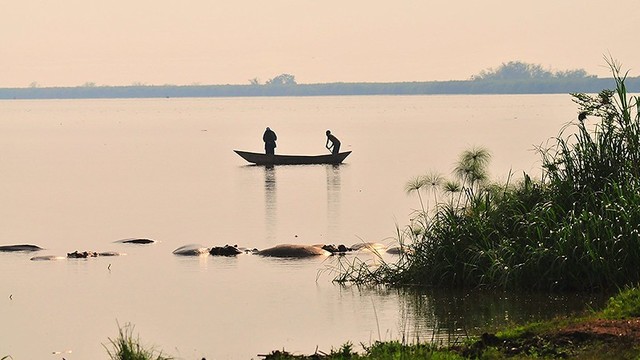Citizens reframing conservation policies and practice for food and livelihood security, environmental sustainability and justice
Two complementary activities are being carried out to allow citizens’ to assess, re-imagine and influence conservation policies and practice.
i) Creating safe spaces for citizens who have experienced censorship and marginalisation after criticising mainstream conservation practice
In May 2008, the American University in Washington DC hosted a workshop that brought together a global network of scholars, applied practitioners, and community activists who are all concerned about the ways in which nature is being commodified and appropriated in the context of biodiversity conservation. The title of this workshop was: Problematizing Neoliberal Biodiversity Conservation: Displaced and Disobedient Knowledge
Workshop participants explored power relationships and censorship in current biodiversity conservation practice. Participants noted that there is significant lack of freedom for the exchange and dissemination of information that challenges the ways in which biodiversity conservation is currently imagined and implemented. The workshop summary report presents:
- a focus on the roles that funding bodies, Big International Non-Governmental Organisations (BINGOS) and academic institutions play in framing conservation discourse and practice, - from specific interventions to drafting conservation related legislation.
- an analysis of how conservation landscapes can be used to expand state control over marginal rural communities or to keep immigrants out of state controlled spaces.
- critical reflections on conservation as part of a global ‘space making’ project that increasingly allows extractive industries to exploit resources (minerals, oil…) in protected areas for new cycles of capitalist accumulation and expansion.
- accounts of workshop participants who have experienced silencing and censorship when they spoke of the way in which conservation projects undermine and displace local communities and livelihoods.
- ideas on how to build on the unique skills and perspectives of network members and a wider community of practice to explore solutions to environmental problems that are holistic, inclusive, equitable, and ecologically sound.
Read the workshop summary (PDF 182KB)
ii) Protected areas, conservation and local communities – transforming the mainstream conservation paradigm
Following the recommendations of the World Park Congress, there are opportunities to create safe spaces for communities living in or around protected area networks to re-frame conservation policies and to ensure greater coherence between the goals of good governance, food security, social equity and ecological sustainability.
Depending on outcomes of dialogues with indigenous peoples’ and other relevant actors such as IUCN’s Commission on Environmental, Economic and Social Policy (http://www.iucn.org/about/union/commissions/ceesp/), this deliberative process will either be structured as an international event or a country level participatory policy process. In all cases, the policy scenarios that will be explored include:
- Protected areas as business as usual
- Protected areas as partnerships with corporations
- Protected areas as locally defined, negotiated land use and community conservation.
Problematizing Neoliberal Biodiversity Conservation: Displaced and Disobedient Knowledge. A workshop (see report PDF 182K) held in Washington D.C., American University, Department of Anthropology, May 16- 19, 2008.
Rethinking conservation through the lens of food sovereignty. Implications for policy and practice. A report on an international workshop held at the IUCN World Conservation Congress (WCC) in Barcelona in October 2008.
- 13 short video clips document the outcomes of this international workshop at the WCC
An example of two papers presented at the WCC workshop on ‘Rethinking conservation through the lens of food sovereignty’:
- Markets for biodiversity and ecosystems: reframing nature for capitalist expansion, and
- How to Build an Eco-Functional Planet (PDF 255KB): the Paradoxical Assumptions Behind the Pervasive Belief that Market-Driven Managerialism is the Key to Our Ecological Future



